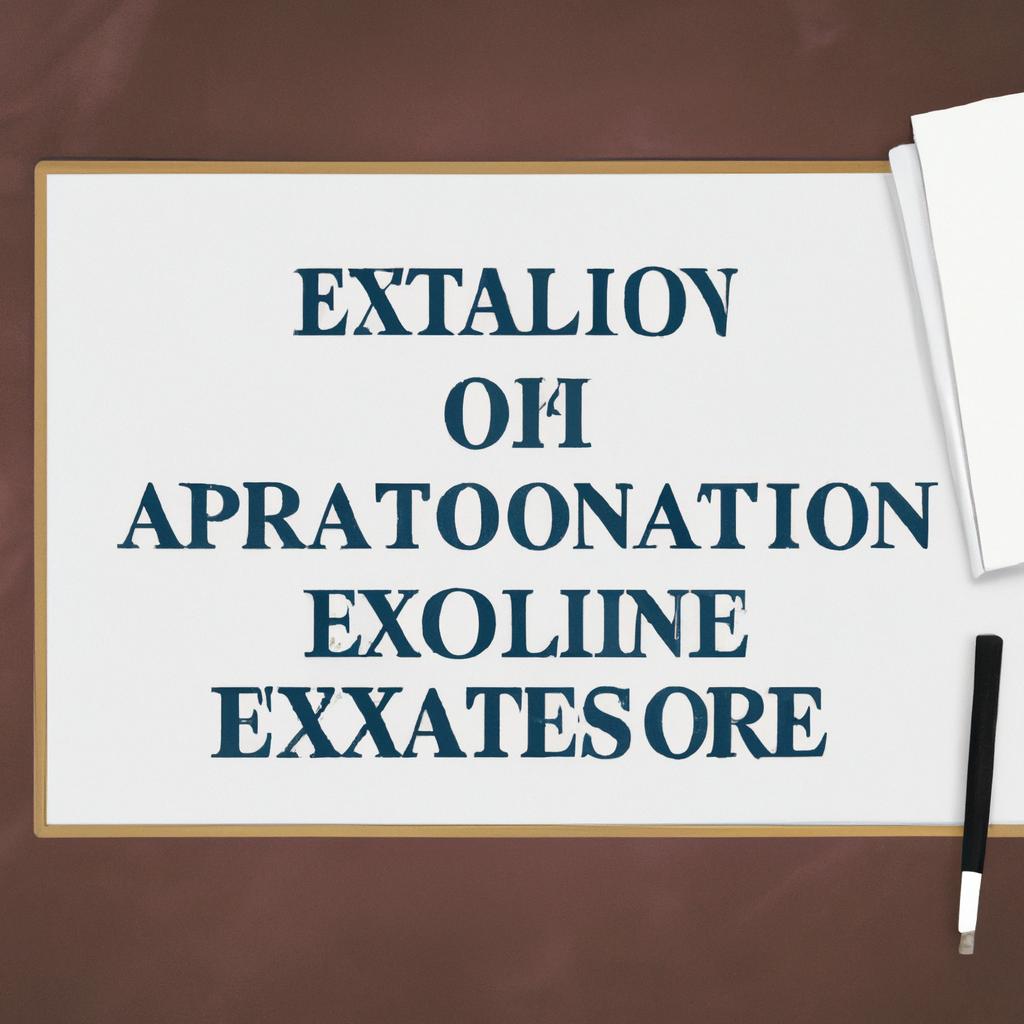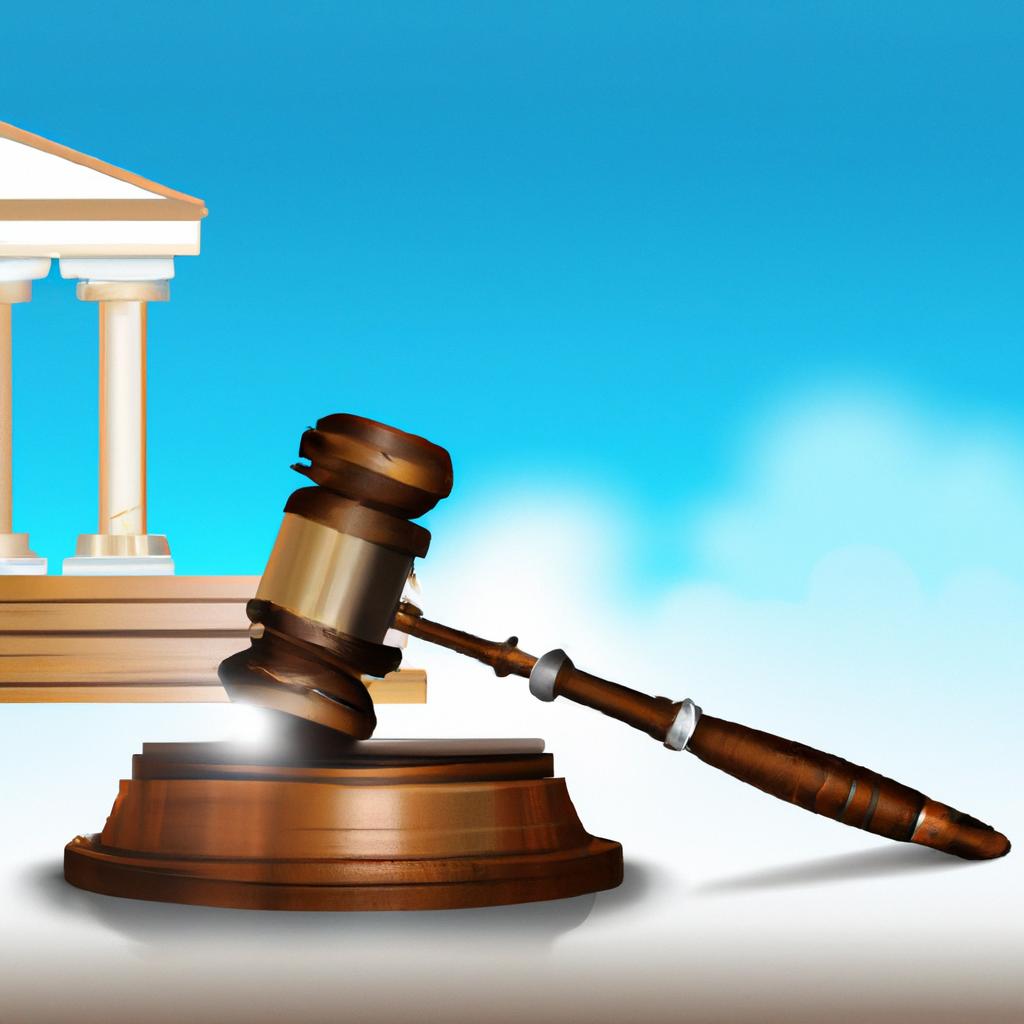As seasoned attorneys in the intricate field of estate planning, probate, elder law, and trusts, the Morgan Legal Group of New York City is well-versed in the nuances of administering a decedent’s estate. One crucial role that often arises in the probate process is that of an ancillary executor. In this article, we will delve into the responsibilities and implications of this distinct executorship, shedding light on the intricate legalities that accompany the management of a decedent’s estate across different jurisdictions.
Understanding the Role of an Ancillary Executor in Multi-State Probate
When dealing with multi-state probate cases, it is crucial to understand the role of an ancillary executor. An ancillary executor is appointed to handle the assets located in a different state than the primary probate proceedings. This executor works in conjunction with the primary executor to ensure that all assets are properly distributed according to the decedent’s wishes.
The responsibilities of an ancillary executor include:
- Locating and appraising assets in the secondary state
- Ensuring that all legal requirements are met in the secondary state
- Communicating with the primary executor and beneficiaries
Having an experienced ancillary executor on your team can help streamline the probate process and ensure that all assets are distributed efficiently and effectively across state lines.

Key Considerations When Appointing an Ancillary Executor for Out-of-State Assets
When appointing an ancillary executor for out-of-state assets, there are several key considerations to keep in mind to ensure a smooth and efficient probate process. One important factor to consider is the location of the ancillary executor. Ideally, the ancillary executor should be located in the state where the out-of-state assets are located to avoid any complications or delays in the administration of the estate.
Additionally, it is crucial to choose an ancillary executor who is familiar with the laws and probate procedures of the state where the out-of-state assets are located. This will help ensure that the ancillary executor can effectively navigate the probate process and fulfill their duties in accordance with state law. Finally, it is important to communicate clearly with the ancillary executor about their responsibilities and expectations, and to provide them with all necessary documentation and information to carry out their duties effectively.

Mitigating Potential Challenges with Ancillary Executorship in Estate Administration
When navigating the realm of ancillary executorship in estate administration, it is crucial to be aware of potential challenges that may arise. By proactively addressing these obstacles, estate administrators can ensure a smoother, more efficient process for all parties involved.
One effective strategy for mitigating challenges with ancillary executorship is to clearly outline the roles and responsibilities of all parties involved. This can help prevent confusion and disputes down the line. Additionally, establishing open lines of communication and maintaining transparency throughout the process can help foster a collaborative and harmonious environment.

Strategies for Efficient Coordination Between Primary and Ancillary Executors
One effective strategy for ensuring efficient coordination between primary and ancillary executors is to clearly outline the responsibilities of each party involved. By establishing a comprehensive list of duties for both the primary and ancillary executors, potential conflicts and misunderstandings can be minimized. This can include tasks such as asset inventory, debt repayment, tax filing, and distribution of assets among beneficiaries. Having a well-defined roadmap for each executor to follow can streamline the probate process and help avoid delays.
Another helpful approach is to maintain open communication between the primary and ancillary executors throughout the probate process. Regular check-ins, updates on progress, and discussion of any obstacles or challenges that arise can help keep everyone on the same page. Utilizing technology such as shared online platforms or cloud storage for important documents and information can also facilitate seamless collaboration. By fostering a cooperative and transparent relationship between all parties involved, the probate process can be completed efficiently and effectively.
| Primary Executor | Ancillary Executor |
|---|---|
| File necessary paperwork with the court | Assist with estate administration in a different jurisdiction |
| Communicate with beneficiaries | Manage assets located outside the primary jurisdiction |
Q&A
Q: What is an ancillary executor?
A: An ancillary executor is a person appointed to handle estate matters in a state where the deceased person owned property, but was not a resident.
Q: How is an ancillary executor different from the main executor?
A: The main executor is responsible for managing the deceased person’s estate in their state of residence, while the ancillary executor takes care of any assets held in another state.
Q: Can the same person be both the main and ancillary executor?
A: Yes, it is possible for one person to serve as both the main and ancillary executor, if they are willing and able to fulfill the responsibilities in both locations.
Q: What are the duties of an ancillary executor?
A: The duties of an ancillary executor are similar to those of a main executor, including locating and managing assets, paying debts and taxes, and distributing property to beneficiaries.
Q: How is an ancillary executor appointed?
A: An ancillary executor is typically appointed by the probate court in the state where the deceased person owned property, based on the terms of the person’s will or state laws governing intestate succession.
Q: Can an ancillary executor be removed from their position?
A: Yes, an ancillary executor can be removed from their position if they fail to fulfill their duties or if there is evidence of misconduct. The probate court can appoint a new ancillary executor in such cases.
Concluding Remarks
In conclusion, the role of an ancillary executor may often be an overlooked aspect of estate planning, but its importance cannot be understated. By understanding the responsibilities and considerations that come with this position, individuals can ensure that their loved ones’ affairs are handled smoothly and effectively, even across state or country borders. So next time you’re preparing your estate plan, don’t forget to think about who will take on the important role of ancillary executor. Your future beneficiaries will thank you for it.

